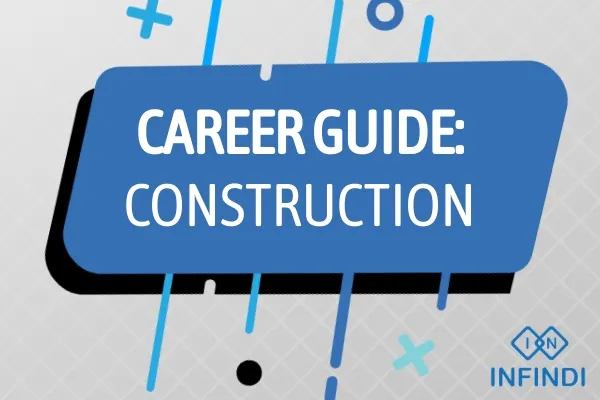For those with a passion for building and shaping the physical world, careers in construction offer a robust and impactful career path. Whether you’re an experienced construction professional or someone exploring entry-level opportunities, understanding the intricacies of jobs in construction is crucial. This article aims to provide a comprehensive guide to construction jobs, addressing duties, salary expectations, job descriptions, skills, qualifications, education and training requirements, experience prerequisites, frequently asked questions, and daily tasks.
1. Duties and Responsibilities
Professionals in the construction industry play a vital role in creating infrastructure and bringing architectural visions to life. Common duties and responsibilities include:
- Project Planning: Collaborating on project plans, timelines, and budgets.
- Site Preparation: Clearing and preparing construction sites for building.
- Construction Work: Executing various tasks, including carpentry, masonry, plumbing, and electrical work.
- Safety Compliance: Ensuring adherence to safety regulations and protocols.
- Quality Control: Monitoring and maintaining the quality of construction work.
2. Salary Expectations
The salary for jobs in construction varies based on factors such as experience, specialization, and project scale. Entry-level positions may start at around $40,000 annually, while experienced construction professionals in managerial or specialized roles can earn well over $80,000. Industries like residential construction, commercial building, and infrastructure development tend to offer competitive salaries.
3. Possible Job Descriptions
Construction roles encompass a wide range of positions, each contributing to the successful completion of projects:
- Carpenter: Specializing in woodwork, framing, and construction of structures.
- Civil Engineer: Overseeing the design and construction of infrastructure projects.
- Electrician: Installing and maintaining electrical systems in buildings.
- Project Manager: Leading and coordinating construction projects from planning to completion.
- Heavy Equipment Operator: Operating machinery for tasks such as excavation and grading.
4. Skills and Qualifications
Successful construction professionals possess a combination of technical expertise, project management skills, and a commitment to safety. Key skills include:
- Technical Skills: Proficiency in construction tasks and use of tools.
- Communication: Effectively communicating with team members, clients, and stakeholders.
- Problem-Solving: Addressing challenges and finding solutions on construction sites.
- Teamwork: Collaborating with diverse teams of contractors and specialists.
- Safety Awareness: Prioritizing and enforcing safety protocols on construction sites.
5. Education and Training Requirements
While formal education in construction-related fields such as civil engineering or construction management is beneficial, practical experience through apprenticeships or on-the-job training is often equally important. Some roles may require specific certifications, especially for specialized tasks or machinery operation.
6. Experience Requirements
Entry into construction jobs may involve on-the-job training, making them accessible for individuals entering the industry. However, advancing to supervisory, managerial, or specialized roles often requires several years of relevant construction experience.
7. Frequently Asked Questions
Q: How does technology impact construction jobs?
A: Technology has transformed construction with tools like Building Information Modeling (BIM), drones for site surveys, and advanced machinery for increased efficiency.
Q: What safety measures are crucial in construction jobs?
A: Construction professionals must follow safety protocols, including proper use of personal protective equipment, fall protection, and hazard communication.
Q: Are there opportunities for specialization in construction?
A: Yes, construction professionals can specialize in areas such as residential construction, commercial building, civil engineering, or specific trades like plumbing or electrical work.
8. Daily Tasks and To-Do Lists
The daily tasks of a construction professional can vary based on their specific role and project, but a typical to-do list may include:
- Reviewing project plans and schedules.
- Overseeing and participating in construction tasks.
- Coordinating with subcontractors and team members.
- Ensuring safety compliance on the construction site.
- Monitoring and maintaining construction quality and standards.
In conclusion, a career in construction offers a dynamic and impactful journey for individuals passionate about building and shaping the physical world. Whether you’re starting your construction career or aiming for advancement, understanding the duties, qualifications, and daily tasks associated with construction jobs will set you on the path to success. Explore opportunities, showcase your skills, and embark on a fulfilling career in the ever-evolving world of construction.

